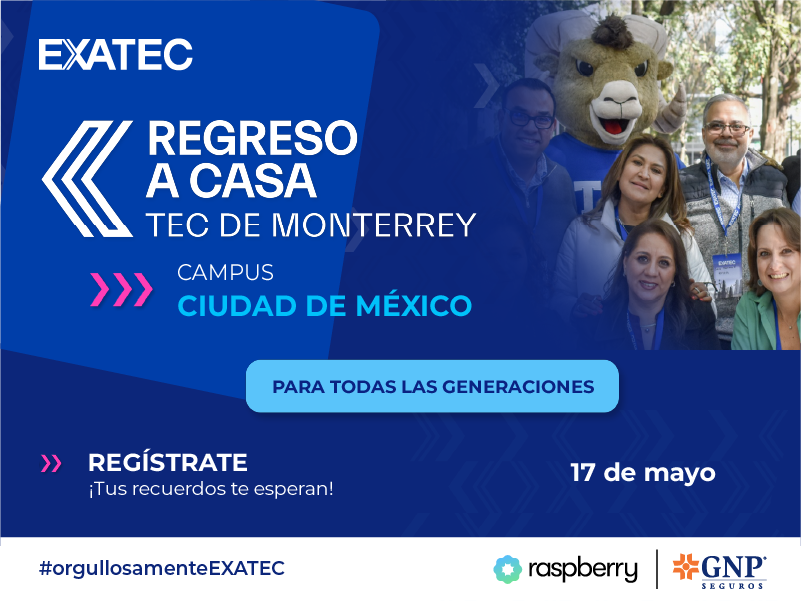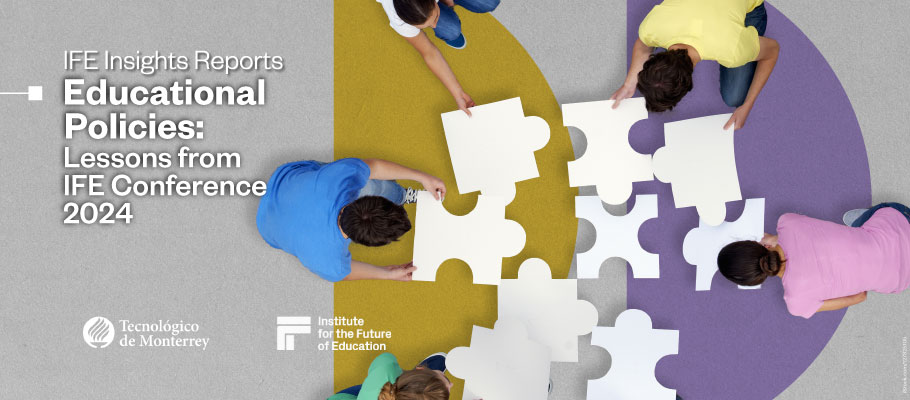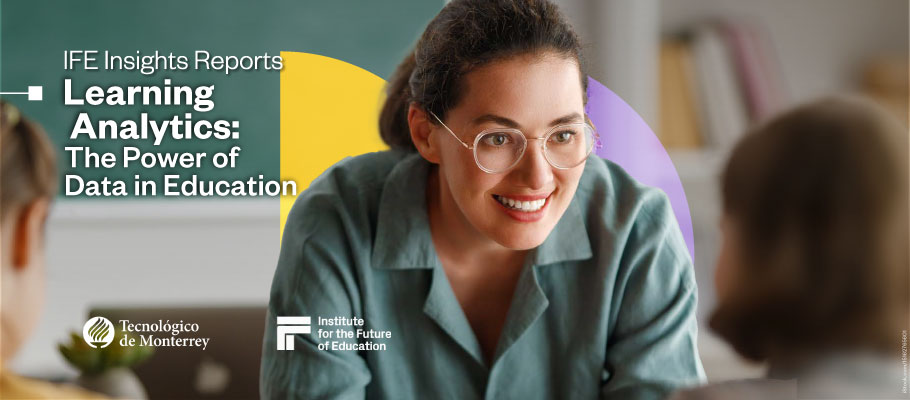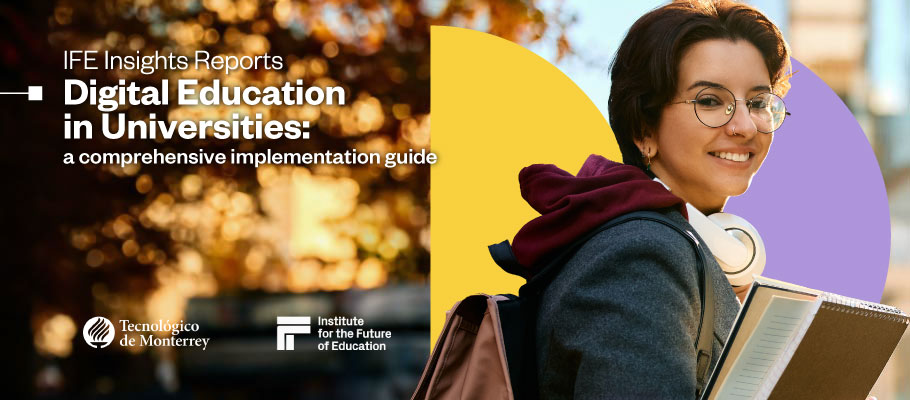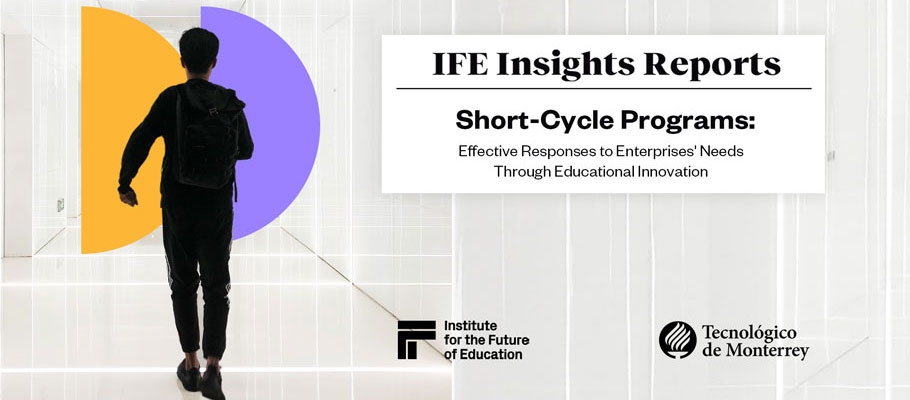Ciudad
de México
Program accredited
by the Engineering Accreditation
Commission of ABET,http://www.abet.org/. |
B.S. Industrial Engineering with minor in Systems Engineering |
IIS |
13 |
|
15 |
Ciudad
de México
Program accredited
by the Engineering Accreditation
Commission of ABET,http://www.abet.org/. |
B.S. Mechanical Engineering Option E |
IME |
10 |
4 |
21 |
Ciudad
de México
Program accredited
by the Engineering Accreditation
Commission of ABET,http://www.abet.org/. |
B.S. Mechatronics Engineering |
IMT |
9 |
6 |
21 |
Ciudad
de México
Program accredited
by the Computing Accreditation
Commission of ABET,http://www.abet.org/. |
B.S. Computer Science and Technology |
ITC |
6 |
|
6 |
Santa Fe
Program accredited
by the Engineering Accreditation
Commission of ABET,http://www.abet.org/. |
B.S. Industrial Engineering with minor in Systems Engineering |
IIS |
6 |
|
36 |
Santa Fe
Program accredited
by the Computing Accreditation
Commission of ABET,http://www.abet.org/. |
B.S. Computer Science and Technology |
ITC |
1 |
|
12 |
Santa Fe
Program accredited
by the Engineering Accreditation
Commission of ABET,http://www.abet.org/. |
B.S. Mechatronics Engineering |
IMT |
6 |
3 |
24 |
Guadalajara
Program accredited
by the Engineering Accreditation
Commission of ABET,http://www.abet.org/. |
B.S. Industrial Engineering with minor in Systems Engineering |
IIS |
11 |
|
|
Guadalajara
Program accredited
by the Engineering Accreditation
Commission of ABET,http://www.abet.org/. |
B.S. Mechatronics Engineering |
IMT |
5 |
1 |
55 |
Estado
de México
Program accredited
by the Engineering Accreditation
Commission of ABET,http://www.abet.org/. |
B.S. Mechanical Engineering Option E |
IME |
1 |
1 |
14 |
Estado
de México
Program accredited
by the Engineering Accreditation
Commission of ABET,http://www.abet.org/. |
B.S. Mechatronics Engineering |
IMT |
13 |
8 |
36 |
Estado
de México
Program accredited
by the Engineering Accreditation
Commission of ABET,http://www.abet.org/. |
B.S. Industrial Engineering with minor in Systems Engineering |
IIS |
7 |
|
26 |
Estado
de México
Program accredited
by the Computing Accreditation
Commission of ABET,http://www.abet.org/. |
B.S. Computer Science and Technology |
ITC |
|
|
|
Monterrey
Program accredited
by the Engineering Accreditation
Commission of ABET,http://www.abet.org/. |
B.S. Mechatronics Engineering |
IMT |
66 |
29 |
122 |
Monterrey
Program accredited
by the Engineering Accreditation
Commission of ABET,http://www.abet.org/. |
B.S. in Biomedical Engineering |
IMD |
23 |
|
61 |
Monterrey
Program accredited
by the Engineering Accreditation
Commission of ABET,http://www.abet.org/. |
B.S. in Sustainable Development Engineering |
IDS |
16 |
3 |
48 |
Monterrey
Program accredited
by the Engineering Accreditation
Commission of ABET,http://www.abet.org/. |
B.S. Chemical Engineering Option A |
IQA |
36 |
6 |
43 |
Monterrey
Program accredited
by the Engineering Accreditation
Commission of ABET,http://www.abet.org/. |
B.S. Food Industry Engineering |
IIA |
10 |
1 |
29 |
Monterrey
Program accredited
by the Engineering Accreditation
Commission of ABET,http://www.abet.org/. |
B.S. Chemical Engineering Option S |
IQP |
14 |
3 |
44 |
Monterrey
Program accredited
by the Engineering Accreditation
Commission of ABET,http://www.abet.org/. |
B.S. Mechanical Engineering Option E / Mechanical Engineering |
IME |
30 |
8 |
72 |
Monterrey
Program accredited
by the Engineering Accreditation
Commission of ABET,http://www.abet.org/. |
B.S. Civil Engineering |
IC |
24 |
8 |
66 |
Monterrey
Program accredited
by the Engineering Accreditation
Commission of ABET,http://www.abet.org/. |
B.S. Industrial Engineering with minor in Systems Engineering |
IIS |
67 |
|
189 |
Monterrey
Program accredited
by the Engineering Accreditation
Commission of ABET,http://www.abet.org/. |
B.S. Mechanical Engineering Option A / Mechanical Engineering |
IMA/IM |
40 |
16 |
69 |
Monterrey
Program accredited
by the Engineering Accreditation
Commission of ABET,http://www.abet.org/. |
B.S. Biotechnology Engineering |
IBT (11 y 17) |
39 |
11 |
232 |
Monterrey
Program accredited
by the Engineering Accreditation
Commission of ABET,http://www.abet.org/. |
B.S. Digital Systems and Robotics Engineering |
ISD |
21 |
10 |
48 |
Monterrey
Program accredited
by the Computing Accreditation
Commission of ABET,http://www.abet.org/. |
B.S. Businesses Informatics |
INT |
24 |
6 |
56 |
Monterrey
Program accredited
by the Computing Accreditation
Commission of ABET,http://www.abet.org/. |
B.S. Computer Science and Technology |
ITC |
39 |
14 |
92 |
Querétaro
Program accredited
by the Engineering Accreditation
Commission of ABET,http://www.abet.org/. |
B.S. Mechanical Engineering Option A |
IMA |
30 |
10 |
35 |
Querétaro
Program accredited
by the Engineering Accreditation
Commission of ABET,http://www.abet.org/. |
B.S. Industrial Engineering with minor in Systems Engineering |
IIS |
27 |
|
60 |
Querétaro
Program accredited
by the Engineering Accreditation
Commission of ABET,http://www.abet.org/. |
B.S. Mechatronics Engineering |
IMT |
38 |
16 |
49 |
San Luis
Potosí
Program accredited
by the Engineering Accreditation
Commission of ABET,http://www.abet.org/. |
B.S. Industrial Engineering with minor in Systems Engineering |
IIS |
7 |
|
|
Puebla
Program accredited
by the Computing Accreditation Commission of ABET,
http://www.abet.org/. |
B.S. Computer Science and Technology |
ITC |
9 |
4 |
15 |
Puebla
Program accredited
by the Engineering Accreditation Commission of ABET,
http://www.abet.org/. |
B.S. Mechatronics Engineering |
IMT |
33 |
14 |
41 |
Puebla
Program accredited
by the Engineering Accreditation Commission of ABET,
http://www.abet.org/. |
B.S. Industrial Engineering with minor in Systems Engineering |
IIS |
30 |
|
21 |


